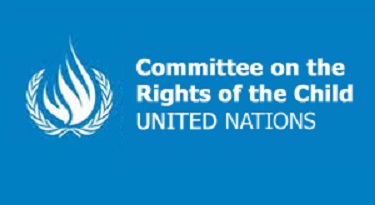 The UN Committee on the Rights of the Child has written a report making observations on the United Kingdom of Great Britain and Northern Ireland. It reviewed the region and made many suggestions, including a recommendation that academic selection should be phased out.
The UN Committee on the Rights of the Child has written a report making observations on the United Kingdom of Great Britain and Northern Ireland. It reviewed the region and made many suggestions, including a recommendation that academic selection should be phased out.
The report recommends that the UK, ‘End practices, including academic selection and testing measures, which contribute to the high levels of stress felt by students owing to academic pressure, and
ensure that children benefit from a creative learning environment. ‘
This is a perfectly sensible idea by a committee that puts children first. The Committee on the Rights of the Child (CRC) is a body of 18 independent experts that monitors implementation of the Convention on the Rights of the Child by its States parties. The Convention on the Rights of the Child sets out the rights that must be realized for children, adolescents and teenagers to develop to their full potential and be protected from violence, abuse and harm. Some of the rights relevant to the subject of 11-plus selection include, ‘Every child has the right to an education. Children should be encouraged to go to school to the highest level possible…. Children’s education should help them fully develop their personalities, talents and abilities…. Children have the right to give their opinions freely on issues that affect them. Adults should listen and take children seriously.’
The Committee on the Rights of the Child has inspired governments to change laws and policies in the past, and its intervention on this subject is welcome. It is clear that academic selection should be withdrawn. Shouldn’t all children have the right to move school without stressful tests? No child of ten or eleven needs an unhelpful and judgemental label that defines their academic worth.





